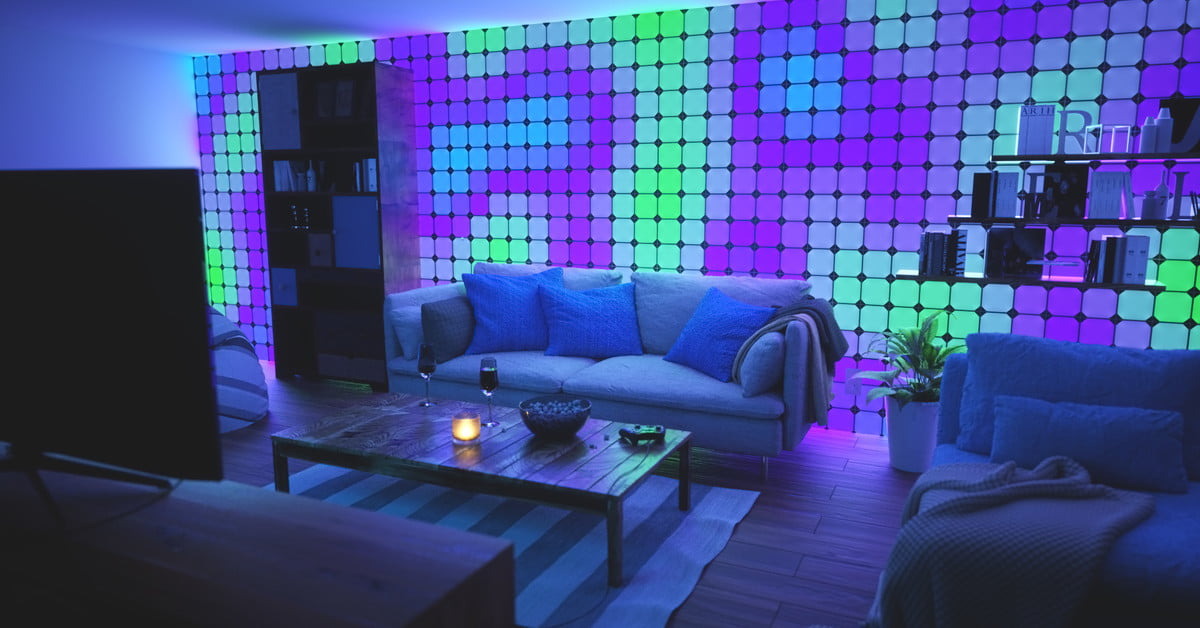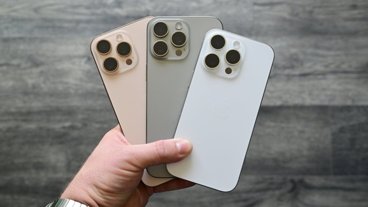As the number of smarthome devices approaches a forecast 1.56 billion in 2023, ones compatible with Apple's HomeKit should finally gain more "traction," according to research firm IDC.
"Though the [2019] smart home market will essentially be dominated by two companies, Amazon and Google, Apple is also expected to gain traction in the coming years," it said in a report. Amazon Alexa and Google Home are so far the most dominant consumer smarthome platforms in terms of compatibility, aided by matching low-cost smartspeakers.
"The existing popularity of iOS and macOS devices combined with the availability of Apple apps/services on non-Apple products will help the company slowly entice more consumers into their ecosystem," IDC suggested, "while also attracting third parties to build compatible devices."
Last week Apple introduced several new services: Apple News+, Apple Arcade, Apple Card, Apple TV Channels, and finally Apple TV+, its original video platform. Alongside that it revealed that its redesigned TV app would come to third-party smart TVs and streamers, joining AirPlay 2 and HomeKit.
HomeKit has enjoyed reasonably healthy support by accessory makers like Hunter, ecobee, Philips, and Honeywell, but Apple's one smartspeaker — the HomePod — is normally $349. People who just want voice control and/or already have high-quality speakers can get an Amazon Echo Dot for $39.99, or a Google Home Mini for $49. A rumored "cheap" HomePod has yet to manifest.
Apple's December-quarter share of the global smartspeaker market was recently estimated at 1.6 percent. That's a far cry from Amazon's 13.7, and Google's 11.5.
Perhaps more importantly, Amazon and Google's smarthome platforms are typically considered easier to develop for. For years Apple required that HomeKit accessories have a dedicated chip for handling its tough encryption, and while decryption can now be done in software, developers like August have complained that HomeKit still requires extra effort.
In fact only recently have brands like Netatmo and Robin begun launching HomeKit-compatible doorbells, despite that technology being a marketing centerpiece for the iOS Home app in 2016. Two of the most popular doorbell brands — August and Ring — once promised HomeKit compatibility but appear to have backtracked.
 Roger Fingas
Roger Fingas






-m.jpg)






 Charles Martin
Charles Martin


 Wesley Hilliard
Wesley Hilliard
 Stephen Silver
Stephen Silver
 William Gallagher
William Gallagher

 Marko Zivkovic
Marko Zivkovic








21 Comments
HomeKit will never win with Amazon Alexa solution unless Apple will start developing/enabling it for Android as well. Android is majority of devices on the market around the world and that will not change to Apple advantage. I would suggest stop locking ecosystem and at least enable major development on alternative platforms. Mark my words and see what happens in 2025.
Why does Apple have to win the home automation market? Can they not just be apart of the quality devices home market? Like computers and other devices, I'm not interested in cheap knock offs that are going to fail, especially when it comes to devices in my home. I want items that are going to last for years and are not going to be replaced every few years.
So far that has been working out. I'm quite happy with my LiftMaster garage door openers, Ecobee3, August smart lock and hue lighting. Everything seems to work well, and can control it all from my watch or phone. It will be interesting to see how much more automated homes can become (predicting renewable energy compatible devices with energy use and gain anticipation algorithms). I am waiting for a good blinds set up, so far I have found them all to be ugly, but other than that I'm not sure what else I would want.
** One point that was not mentioned in the article was that the AppleTV can be a hub too. I'm not sure why there is a focus on the HomePod. I do not own a HomePod, not sure I will.
*** Another point missed: Siri needs some serious refactoring to be a true competitor in this market.
Apple obviously will not prevail in this market until they develop their own devices.
Amazon and Google -- as well as others -- have one main goal: To Spy On You!
... And, with smart devices in your home they know your every move.
Only Apple with its security and integration abilities can develop and maintain smart devices that work well together and maintain security.
I am certainly not going to put "a hub" from some no name company in my home anymore than I want Amazon or Google listening to everything I do or say.